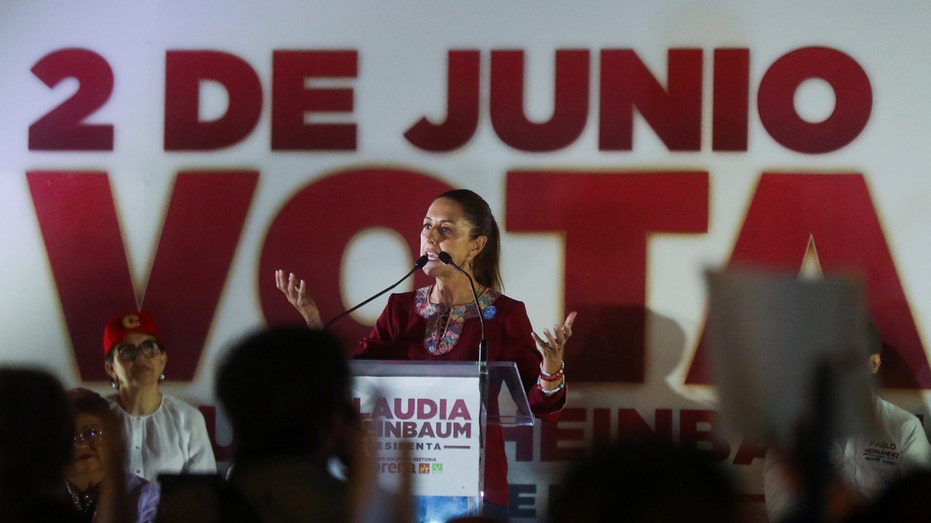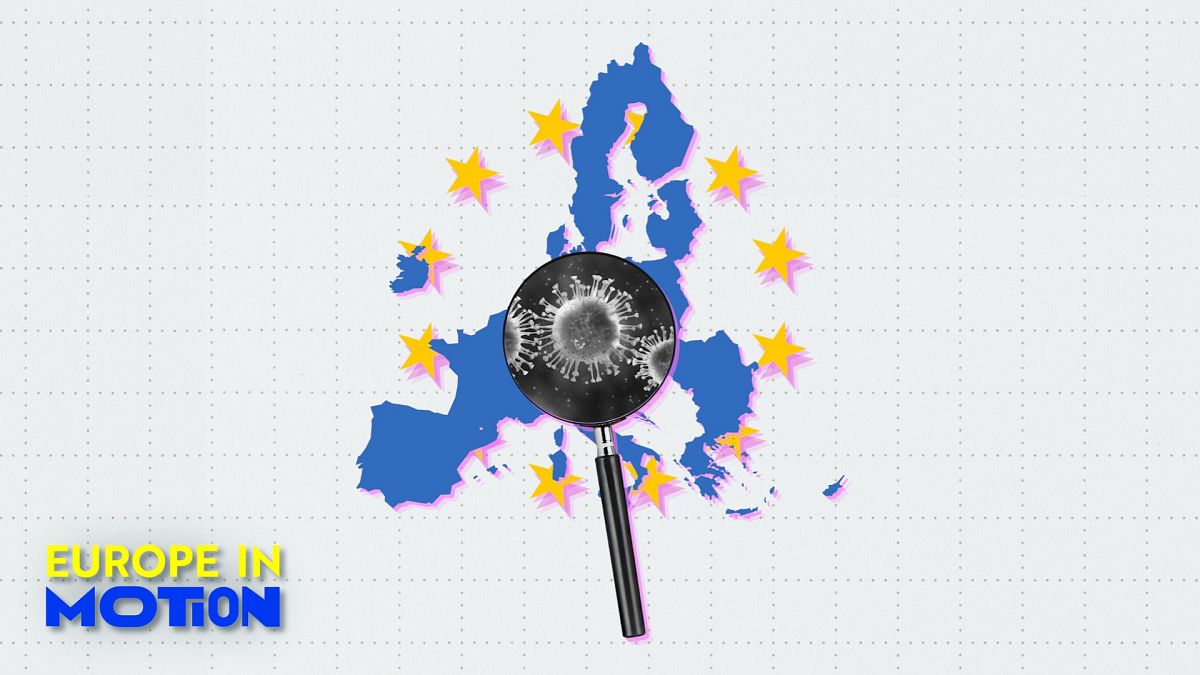Mexican presidential candidate Sheinbaum, who promises to cut crime, faces huge hurdles from powerful cartels
Front-runner in Mexico's presidential election, Claudia Sheinbaum, who greatly reduced Mexico City's murder while mayor, faces challenges to repeating her success on a national scale.

In early May, Claudia Sheinbaum, the favorite to win Mexico's upcoming presidential election next month, suddenly pulled out of a planned visit to Apatzingan, a town in the violent state of Michoacan.
Three sources from her inner circle told Reuters the decision was taken because a drug cartel set fire to several vehicles shortly before the rally, forcing the federal government to call in the military to restore order.
Sheinbaum denied the cancelation was due to the violence, saying only that the Apatzingan event had never been fully confirmed.
Yet, the episode highlights how Sheinbaum - who has campaigned on the reduction of Mexico City's murder rate during her term as mayor - could face much tougher challenges in repeating this success in places like Michoacan, where criminal groups exert a level of control far beyond what Sheinbaum encountered in the capital.
Sheinbaum's advisors told Reuters that, if elected, she aims to reduce by 2027 Mexico's murder rate from 23.3 homicides for every 100,000 residents to around 19.4 per 100,000 - putting it on par with Brazil.
To achieve this, she will double the number of federal investigators to 8,000, increase the number of National Guard troops to 150,000 from around 120,000, decrease impunity through judicial reform, and create youth education and community programs, her advisors said.
Juan Pablo Morales, an academic who helped develop Sheinbaum's plan, said the team are aware of the differences between Mexico City and the country as a whole but that many lessons from the capital can be applied nationally.
"Claudia (Sheinbaum) helped drive a lot the professional development of the police in Mexico City, giving them new powers, responsibilities," Morales said.
Mexico City's homicide rate fell 50% between December 2018, when Sheinbaum was inaugurated as mayor, and June 2023, when she stepped aside to begin her presidential campaign, a drop she attributes to effective security policies that improved police work and coordination with prosecutors.
She says this experience will allow her to further drive down the high national homicide rate, which has fallen around 20 percent under current President Andrés Manuel López Obrador, Sheinbaum's close political ally and mentor, according to preliminary data.
Yet, López Obrador's full six-year term is still the bloodiest on record, with over 185,000 murders through April.
Moreover, critics say that López Obrador's less confrontational security policy against organized crime groups would make his successor's job even harder.
"The country's security situation depends on the national war between the Sinaloa Cartel and the Jalisco Cartel," said David Saucedo, a consultant who works with state governments and companies on national security issues, "the ball is not in her court."
Under López Obrador, this rivalry has expanded to ever more territory, while smaller crime groups have further entrenched their power - including in places like Michoacan, according to security experts.
Six out of 10 Mexicans consider insecurity to be the country's main problem, according to an annual public survey by the National Institute of Statistics and Geography (INEGI).
Crime experts say Sheinbaum's plan lacks details and sources from her close circle say that the 61-year-old scientist has avoided criticizing López Obrador's security failures because she owes her popularity to the president.
"So far Sheinbaum has released relatively little information in terms of concrete details about her security plans," said Nathaniel Parish, a political risk analyst for Latin America. "What we have are signals about what she would like to do but we don't have specific concrete dollar amounts of what she plans to devote to these initiatives."
Some critics have also raised questions about whether the former Mexico City mayor was as successful as she claims in reducing crime.
They point to the large number of deaths in the capital that are categorized as "events of undetermined intent." These deaths, which include drownings, poisonings and sometimes suspected but unproven homicides, often equal or exceed the number of homicides. Miscategorization of these deaths could explain some of the decrease in the murder rate, critics say.
Another issue is disappearances, which went up in Mexico City under Sheinbaum and could also help explain the significant reduction in official homicide numbers.
"(The figures) confirm suspicions of cover-up of homicides and suicides in some entities, starting with Mexico City," said sociologist Jorge Ramirez. This issue has also been flagged at the federal level.
Sheinbaum's team reject the accusation that murder figures were artificially low.
Jose Merino, an advisor for Sheinbaum, told Reuters it's "absurd" to say homicides are being covered up.
Merino said the number of deaths filed as "events of undetermined intent" and later found to be homicides account for less than 10% of the total.
He also said the rise in disappearances was due to an increase in reporting of these incidents rather than an uptick in their occurrence.
What's Your Reaction?
















